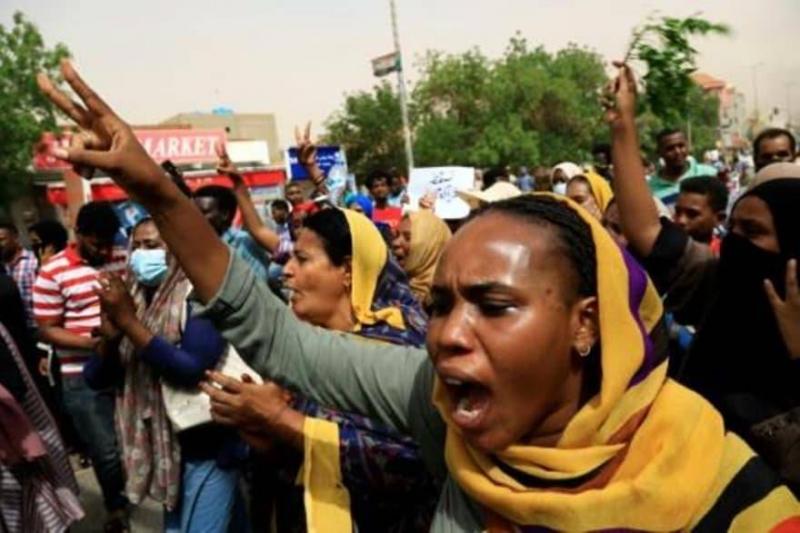The inflation rate in Sudan has surpassed 400 percent, according to official media, amidst public discontent regarding rising prices following a series of economic reforms supported by the International Monetary Fund. The official Sudanese News Agency (SUNA) reported, citing a government statement, that the annual inflation rate rose to 412.75 percent in June 2021, compared to 378.79 percent in May 2021, representing an increase of 33.96 points. SUNA added that the recent rise in the inflation rate was due to increased prices, including food prices.
Sudan has been undergoing a difficult transitional period since the ousting of former president Omar al-Bashir in April 2019 after mass protests against his rule triggered by economic crises. The transitional government formed in August 2019 pledged to reform the economy, which had suffered from decades of U.S. sanctions and mismanagement under al-Bashir's rule.
In recent months, Sudan canceled fuel subsidies and conducted a managed float of the Sudanese pound to eliminate the black market. These measures, considered harsh by many Sudanese, are part of reforms supported by the IMF to enable Sudan to alleviate its debt burdens.
The Paris Club, Sudan's largest creditor, announced on Friday that it will cancel a significant portion of the debts owed to it by Sudan to help reintegrate Khartoum into the international arena. This announcement is part of a broader effort by the IMF to relieve over $50 billion of Sudan's debt, which accounts for about 90 percent of its total debt, over the next few years. Late last month, hundreds of protesters took to the streets in the capital and other cities demanding the resignation of the government in response to the recent reforms.




